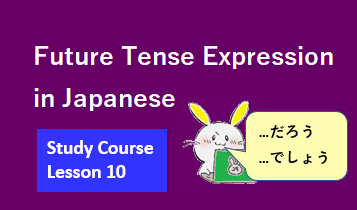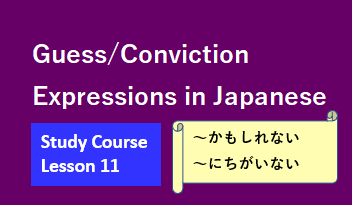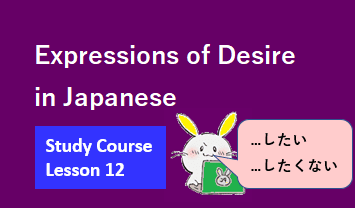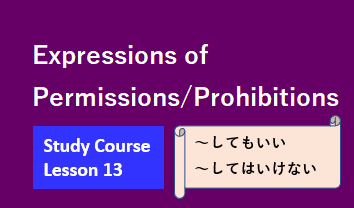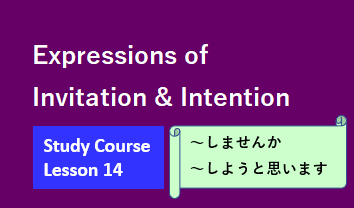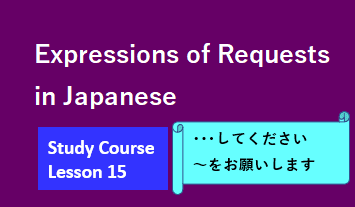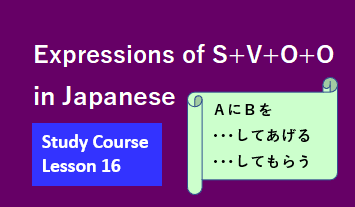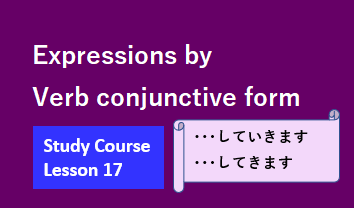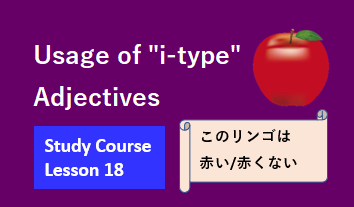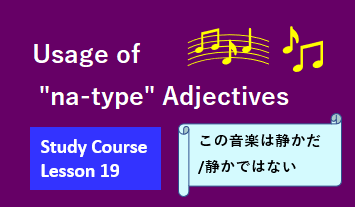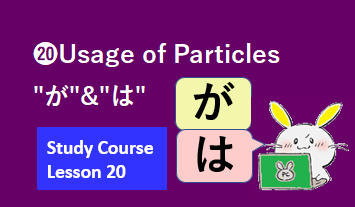Japanese Study Course Lesson4

Hello everyone. I'm JJ. Nice to meet you! Welcome to Japanese Study Course.
In lesson 4, we will study a Verbal predicate sentences with object in Japanese.
4-1 Verbal predicate sentence
Verbal predicate sentence ➡ "Subject + Verb"( Ex: AはBを持っています。)
- Japanese grammatical constructions like "A は B を・・・。" are called verbal predicate sentences.
- The predicate part "・・・" consists of 'a verb + an auxiliary verb' in Japanese.
4-2 Verbs of possession「持っている/あります」( A have B. )
(1)Affirmative form
- I have a dictionary.
- Ordinary:私は辞書を持っている。
- Politely:私は辞書を持っています。
- Replacing "いる" with "います" makes it more polite.
◆Detailed explanation
- Ordinary:私は辞書を持っている。
- Politely:私は辞書を持っています。
- 私(subject)+は(nominative particle)
- +辞書(object)+を(object particle)
- +持っ(verb "持つ", conjunctive form)+て(conjunction particle)
- +いる(auxiliary verb, situation)/ +います(compound auxiliary verb, polite situation)。
◆Vocabulary note
| 辞書 :(noun) dictionary 持つ :(verb) have いる :(auxiliary verb, situation) います:(compound auxiliary verb, polite situation)い(auxiliary verb”いる", consecutive form)+ます(auxiliary verb, polite) |
◆Advanced Study Verbal predicate sentence
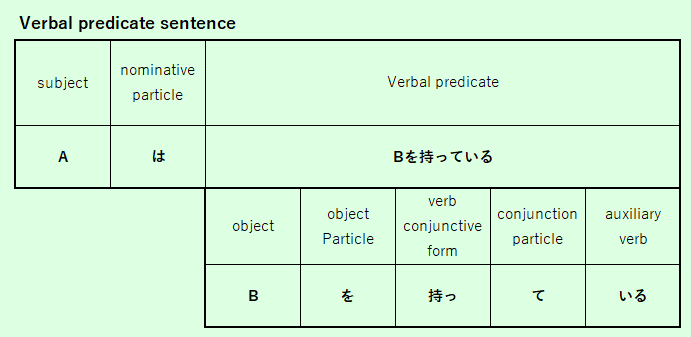
◆Advanced Study Conjugation of the verb "持つ"(Five-step)
| Negative form 持た(ない) Auxiliary verb "ない" is added after | あなたはいつも荷物を持たない。 You always carry no luggage. |
| Consecutive form 持ち(ます) Auxiliary verb "ます" is added after | 私がその荷物を持ちます。 I will carry the luggage. |
| Conjunctive form 持っ(て) Conjunction particle "て" is added after | 私は辞書を持っています。 I have a dictionary. |
| Basic form 持つ | 持つ have/carry/hold |
| Adnominal form 持つ(+noun) Noun is added after | その荷物を持つときには気をつけてね。 Be careful when you carry that luggage. |
| Hypothesis form 持て(ば) Conjunction particle "ば" is added after | 私が荷物を持てばよかったかもね。 It would have been better if I had carried my luggage. |
| Imperative form 持て The form for giving orders | 荷物が重いのであなたが持て! The luggage is heavy, so you should carry it! |
| Intentional form 持と(う) Auxiliary verb "う" is added after | 荷物が重そうなので私が持とうか? Your luggage looks heavy, so should I carry it for you? |
The conjugation form of the verb "持つ" takes the form of "ta, chi, tsu, te, to" like "持たない,持ちます,持つ,持てば,持とう", so it is called the five-step conjugation of verbs.
For the better understanding of our readers, in KANBE Ryusho's room, regarding the case of the five-stage verb conjugations, we set them in the order of "a, i, u, e, o" based on the conjugation form . The verb "持つ" is the five-stage verb, so it is arranged in the order of "ta, chi, tsu, te, to".
(2)Negative form
- I don't have a computer.
- Ordinary:私はパソコンを持っていない。
- Politely:私はパソコンを持っていません。
- Replacing "いない" with "いません" makes it more polite.
◆Detailed explanation
- Ordinary:私はパソコンを持っていない。
- Politely:私はパソコンを持っていません。
- 私(subject)+は(nominative particle)
- +パソコン(object)+を(objective particle)
- +持っ(verb "持つ", conjunctive form)+て(conjunction particle)
- +いない(compound auxiliary verb, conjunctive, negation)/ +いません(compound auxiliary verb, situation, polite negation)。
◆Vocabulary note
| パソコン:(noun) computer を :(objective particle) A particle that is added immediately after a noun that indicates an object いない :(compound auxiliary verb, situation, negation) い(auxiliary verb”いる", negative form)+ない(auxiliary verb, negation) いません:(compound auxiliary verb, situation, polite negation) い(auxiliary verb”いる", consecutive form)+ませ(auxiliary verb"ます", negative form)+ん(auxiliary verb, negation) |
◆Advanced Study Conjugation of the auxiliary verb "いる"(Upper one-step)
| Negative form い(ない) Auxiliary verb "ない" is added after | 私はパソコンを持っていない。 I do not have a computer. |
| Consecutive form い(ます/ません) Auxiliary verb "ます/ません" is added after | 私はパソコンを持っていません。 I have a dictionary. |
| Basic form いる | いる auxiliary verb, situation |
| Adnominal form いる(+noun) Noun is added after | 大金を持っているときには気をつけてね。 Be careful when you have a lot of money. |
| Hypothesis form いれ(ば) Conjunction particle "ば" is added after | 私がお金を持っていればよかったかもね。 I wish I had the money. |
| Imperative form いろ The form for giving orders | 荷物が重いのであなたが持っていろ! The luggage is heavy, so you should carry it! |
The conjugation of the auxiliary verb "いる" is called the upper one-step conjugation of the auxiliary verb because they all include the "i" sound, such as "いない,います,いる,いれば,いろ".
The auxiliary verb "いる" has a conjugation just like verbs. It may be one of the things that foreigners find Japanese difficult.
In Japanese grammar, "ません" is exactly the negative form of the polite auxiliary verb "ます" + the negative auxiliary verb "ぬ (ん)", indicating a polite negative expression. However, I think this is very difficult for foreigners to understand. From a practical point of view, I think conjugation of the auxiliary verb is too complicated.


In conclusion, I think it's easier to understand if you remember "いません" as the polite negative situational compound auxiliary verb. If you are not aiming to become a Japanese scholar, I recommend this method.
Do you want to become a Japanese scholar? No, no, I just want to be able to use Japanese. I find JJ's way of teaching easier.

(3)Interrogative form (Question)
- Japanese interrogative sentences are formed by adding "か" at the end of the sentence.
- Do you have time now?
- Ordinary:今、時間はあるか。
- Politely:今、時間はありますか。
- Replacing "あるか " with "ありますか " makes it more polite.
◆Detailed explanation
- Ordinary:今、時間はあるか。
- Politely:今、時間はありますか。
- 今(time)+時間(subject)+は(nominative particle)
- +ある(verb)/ +あり(verb, consecutive form)+ます(auxiliary verb, polite)
- +か(ending particle, question)。
◆Vocabulary note
| 今 :(noun) now 時間:(noun) time |
- Do you have a declaration to submit to customs?
- Ordinary:税関に提出する申告書はあるか。
- Politely:税関に提出する申告書はありますか。
- Replacing "あるか" with "ありますか" makes it more polite.
◆Detailed explanation
- Ordinary:税関に提出する申告書はあるか。
- Politely:税関に提出する申告書はありますか。
- 税関に提出する(noun modifier)
- +申告書(subject)+は(nominative particle)
- +ある(verb, basic form)/ +あり(verb, consecutive form)+ます(auxiliary verb, polite)
- +か(ending particle, question)。
- ※「税関に提出する(noun modifier)」➡税関(object)+に(objective particle with directional intent)+提出する(verb)
◆Vocabulary note
| に:(objective particle with directional intent) to |
◆Advanced Study Objective particle "に" ➀:with directional intent
- The objective particle of this usage added immediately after a noun indicates a directional intention.
- It is used in the form of "noun(object) + に".
- For example, Do you have any questions for the teacher? 先生に聞きたいことはありますか。
- Do you have a declaration to submit to customs? 税関に提出する申告書はありますか。

4-3 Verbs of presence「あります/います」( There is A . )
(1)Affirmative form
- There is a dictionary on the table.
- Ordinary:テーブルの上に辞書がある。
- Politely:テーブルの上に辞書があります。
- The sentence "There is A…" is expressed as "Aは(が)…にあります/います" in Japanese.
- Replacing "ある" with "あります" makes it more polite.
◆Detailed explanation
- Ordinary:テーブルの上に辞書がある。
- Politely:テーブルの上に辞書があります。
- テーブルの上に(place)
- +辞書(subject)+が(nominative particle)
- +ある(verb, basic form)/ +あり(verb, consecutive form)+ます(auxiliary verb, polite)。
- ※「テーブルの上に(place)」➡テーブル(object)+の(structive particle)+上(location)+に(objective particle, place)
◆Vocabulary note
| テーブル:(noun) table に :(objective particle, place) on/to 辞書 :(noun) dictionary |
◆Advanced Study Objective particle "に" ➁:place
- The objective particle of this usage is used to add immediately after a noun indicating place, when you want to describe the place where you are going like "I go to the cafeteria every day" or where an object is placed like "There is a dictionary on the table".
- It is used in the form of "noun(object, place)+ に".
- For example, I go to the cafeteria every day. 私は毎日食堂に行く。
- There is a dictionary on the table. テーブルの上に辞書があります。

(2)Negative form
- There are no people in the room.
- Ordinary:部屋に人はいない。
- Politely:部屋に人はいません。
- The sentence "There is not A…" is expressed as "Aは(が)…にありません/いません" in Japanese.
- Replacing "いない" with "いません" makes it more polite.
◆Detailed explanation
- Ordinary:部屋に人はいない。
- Politely:部屋に人はいません。
- 部屋に(place)
- +人(subject)+は(nominative particle)
- +い(verb, negative form)+ない(auxiliary verb, negation)/ +い(verb, consecutive form)+ませ(auxiliary verb, negative form, polite)+ん(auxiliary verb, negation)。
- ※「部屋に(place)」➡部屋(object)+に(objective particle, place)
◆Vocabulary note
| 部屋:(noun) room 人 :(noun) people |
◆Advanced Study Conjugation of the verb "いる"(Upper one-step)
| Negative form い(ない) Auxiliary verb "ない" is added after | 部屋に人はいない。 There are no people in the room. |
| Consecutive form い(ます/ません) Auxiliary verb "ます/ません" is added after | 部屋に人はいません。 There are no people in the room. |
| Basic form いる | いる verb |
| Adnominal form いる(+noun) Noun is added after | 高い場所にいるときには気をつけてね。 Be careful when you're in high places |
| Hypothesis form いれ(ば) Conjunction particle "ば" is added after | 私にも小さな妹がいればよかったなあ。 I wish I had a little sister too. |
| Imperative form いろ The form for giving orders | 家の中にいろ! Stay home! |
The conjugation of the verb "いる" is called the upper one-step conjugation of the verb because they all include the "i" sound, such as "いない,います,いる,いれば,いろ".
What I learned earlier was the auxiliary verb "いる". It is used after the verb like "持っている", but what we are going to study here is the verb "いる". Don't get confused.

(3)Interrogative form (Question)
- Where is Mr. Tanaka?
- Ordinary:田中さんはどこにいるか?
- Politely:田中さんはどこにいますか?
- Replacing "いる" with "います" makes it more polite.
◆Detailed explanation
- Ordinary:田中さんはどこにいるか?
- Politely:田中さんはどこにいますか?
- 田中さん(subject)+は(nominative particle)
- +どこ(interrogative pronoun)+に(objective particle, place)
- +いる(verb, basic form)/ +い(verb, consecutive form)+ます(auxiliary verb, basic form, polite)
- +か(ending particle, question)。

The verbal predicate sentence with object is one of the most important points of Japanese grammar. In the next section we will also study Japanese past tense of verbs in detail. See you next time! Bye!
See you next!

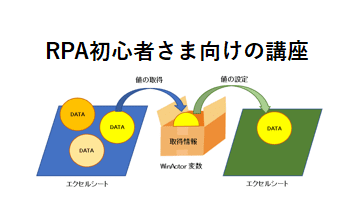

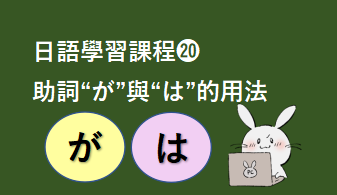


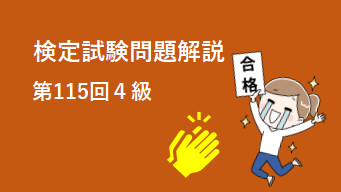
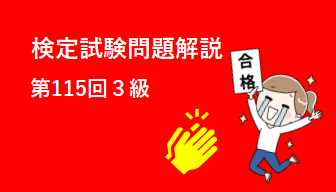
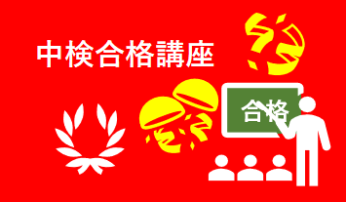
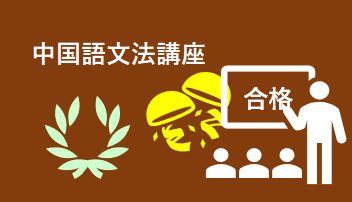
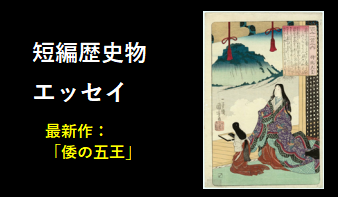
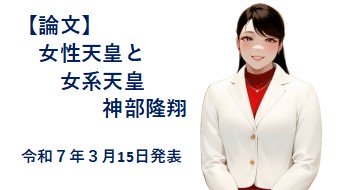
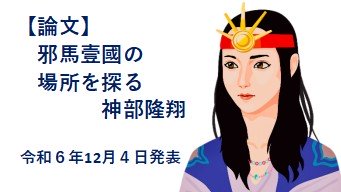
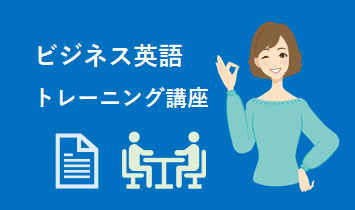

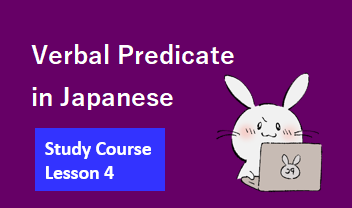


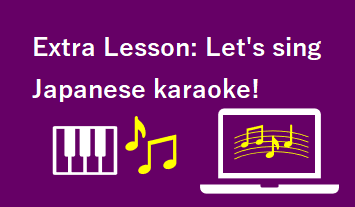
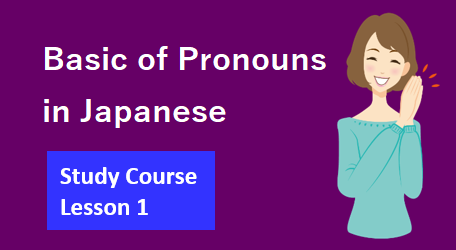
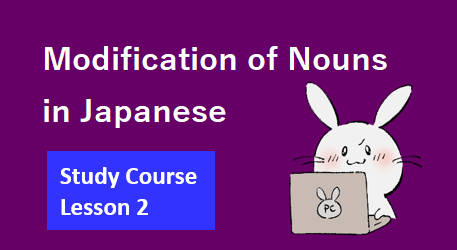

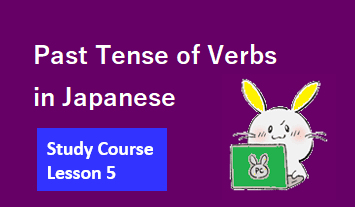
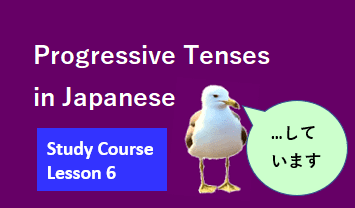
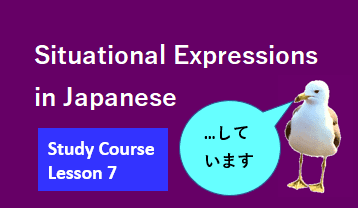
![❽Possible Expressions [1]](https://ryusho-kanbe.com/wp-content/uploads/2023/04/スクリーンショット-2023-04-03-100754.png)
![❾Possible Expressions [2]](https://ryusho-kanbe.com/wp-content/uploads/2023/04/スクリーンショット-2023-04-28-095816.png)
